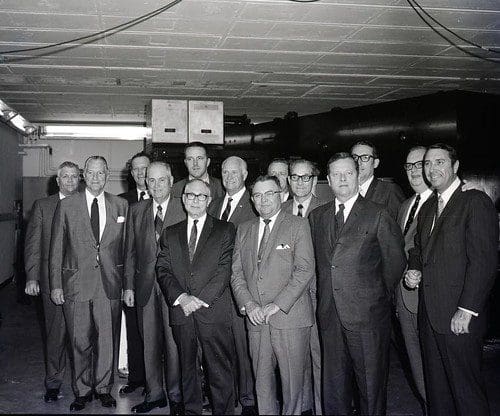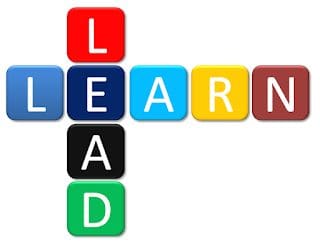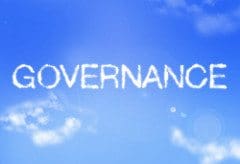Favorite With the departure of Stefano Maffulli this month, OSI is now opening its search for a new executive director. We are greatly appreciative of Maffulli’s work over the last four years and look forward to what our next ED will build upon his foundation. Key tasks and goals for
Read More
 Shared by voicesofopensource October 10, 2025
Shared by voicesofopensource October 10, 2025
Favorite When I became OSI’s first executive director in 2021, some people thought OSI’s work was done. The Open Source Definition had “won,” embraced even by organizations that once resisted it. Our list of OSI-approved licenses was stable. In their eyes, there was nothing left to do. I didn’t see
Read More
 Shared by voicesofopensource September 15, 2025
Shared by voicesofopensource September 15, 2025

Favorite This letter to senior management from the KM team represents the deal you need to strike with the leaders in your organisation. This is a post which I reprise very 5 years or so, given its importance. It’s even more important now, as your leaders start to consider what
Read More
 Shared by Nick Milton June 30, 2021
Shared by Nick Milton June 30, 2021

Favorite If leaders are to empower their knowledge workers, they have to let go of “always having the answer” Image from wikimedia commons The book “It’s Your Ship: Management Techniques from the Best Damn Ship in the Navy” tells how Captain Michael Abrashoff took command of the USS Benfold and
Read More
 Shared by Nick Milton November 25, 2020
Shared by Nick Milton November 25, 2020

Favorite Do learning organisations require learning leaders? Almost certainly they do, but will learning leaders require their organisations to learn as well? How well do leaders learn? There is the stereotype of the bull-headed CEO, hanging on to their dream, forging ahead single-mindedly until they dominate the industry. But is
Read More
 Shared by Nick Milton September 23, 2020
Shared by Nick Milton September 23, 2020

Favorite Nobody will look for knowledge from others if they think they already know what to do, and you cannot teach anyone anything if they think they know it already. Therefore the most effective way to promote a desire to learn in an organisation, is to move people out of
Read More
 Shared by Nick Milton February 7, 2020
Shared by Nick Milton February 7, 2020

Favorite Four elements make up Knowledge Management Governance. Expectations, metrics, rewards and support. Governance in the cloud, by Blue Coat Photos, on Flickr Governance is often the missing element in Knowledge Management, and although it is one of the four legs on the KM table, it is the one that
Read More
 Shared by Nick Milton August 4, 2017
Shared by Nick Milton August 4, 2017
Favorite Knowledge Management is now, in some industries, old enough that that leaders “grew up” with KM as a resource. What difference does this make? Average length of time different industries havebeen doing KM. Data from the 2014 Knoco KM survey. We are many of us familiar with organisations where
Read More
 Shared by Nick Milton March 29, 2017
Shared by Nick Milton March 29, 2017
Shared by voicesofopensource October 10, 2025





